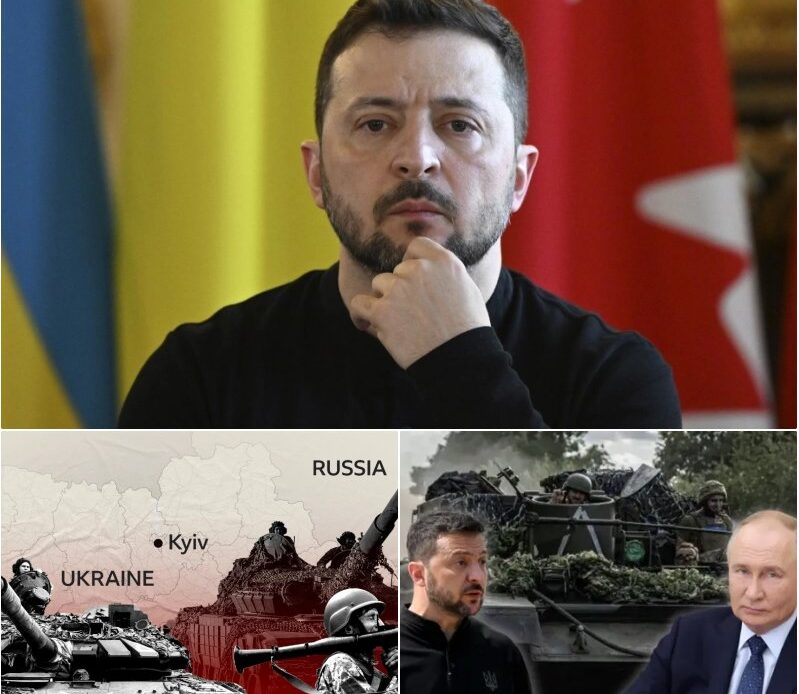Since the beginning of the war between Ukraine and Russia, energy infrastructure has been a critical battleground. Ukraine has consistently targeted Russian energy facilities as part of its broader military strategy, aiming to weaken Russia’s economic and logistical capabilities. However, in a surprising turn of events, Ukrainian President Volodymyr Zelensky has signaled that Ukraine may be reconsidering its stance on attacking Russian energy infrastructure. This unexpected shift raises questions about Ukraine’s strategy, the broader implications for the war, and the potential for de-escalation.
### **A Tactical Shift or a Strategic Necessity?**
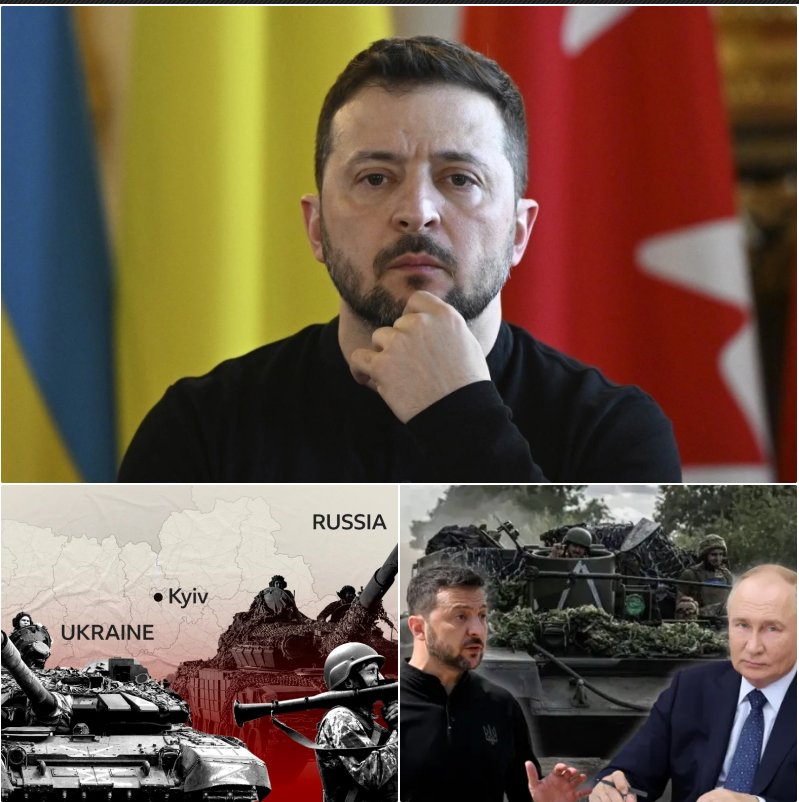
Ukraine’s attacks on Russian energy facilities have been a key aspect of its asymmetric warfare strategy. By targeting oil refineries, fuel depots, and power plants, Ukraine aimed to disrupt Russia’s ability to sustain its war effort. However, President Zelensky’s recent statement suggests a reconsideration of this approach.
Several factors may have influenced this decision. Firstly, Ukraine’s Western allies have expressed concerns about the escalation risks of striking Russian energy assets. The United States and European nations, while supporting Ukraine’s defensive actions, have been cautious about attacks that could provoke a wider regional conflict. By scaling back such strikes, Ukraine may be aligning more closely with the diplomatic preferences of its partners.
### **The Role of International Pressure**
One of the most significant considerations in Ukraine’s apparent shift is international pressure. Many Western nations have been supplying Ukraine with financial aid, weapons, and intelligence support. However, these countries have also urged restraint in certain operations, particularly those that could impact global energy markets.
Attacks on Russian energy infrastructure have contributed to fluctuations in oil and gas prices, affecting global markets. Nations reliant on Russian energy exports have felt the strain, leading to increased diplomatic discussions about how Ukraine’s military strategy aligns with broader geopolitical stability. If Ukraine is stepping back from targeting Russian energy facilities, it may be a calculated move to maintain international support and avoid alienating crucial allies.
### **Could This Move Signal a Path Toward Diplomacy?**
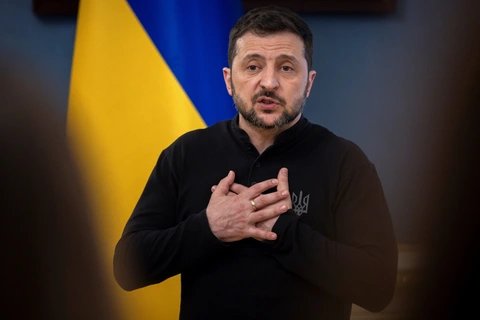
Another possible reason for Ukraine’s change in approach could be related to ongoing or potential diplomatic negotiations. While peace talks have largely stalled, there have been intermittent discussions about ceasefires or localized de-escalation.
By halting attacks on Russian energy assets, Ukraine might be demonstrating goodwill in an attempt to revive diplomatic channels. It remains unclear whether this move is part of a broader negotiation strategy or a temporary tactical adjustment. However, it does indicate a level of flexibility in Ukraine’s approach to the conflict.
### **The Military Perspective: What Does This Mean for Ukraine?**
From a military standpoint, stepping back from energy infrastructure attacks could be seen as both a risk and an opportunity. On one hand, disrupting Russian energy supplies has been an effective way to weaken its war machine. Reducing such strikes may allow Russia to stabilize its fuel supply chains, potentially bolstering its military operations.
On the other hand, by shifting its focus away from energy targets, Ukraine could redirect its resources to other critical military objectives. Ukrainian forces have already demonstrated their ability to strike deep into Russian-held territory, including military bases and logistics hubs. A change in targeting strategy may allow Ukraine to focus on high-impact military operations rather than economic warfare.
### **Potential Consequences for Russia**
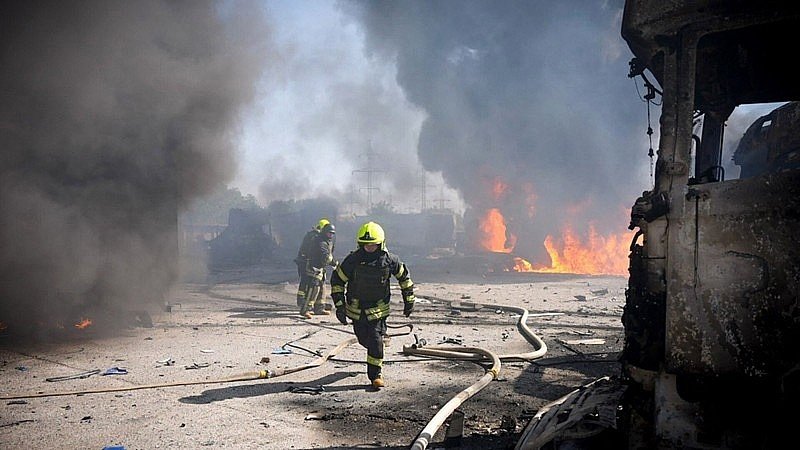
For Russia, a reduction in energy infrastructure attacks would be a relief. Over the past months, Moscow has struggled with the economic consequences of Ukrainian strikes on its refineries and fuel depots. These attacks have not only disrupted domestic fuel supplies but also affected Russia’s ability to export energy—a crucial component of its economy.
If Ukraine truly ceases these attacks, Russia may use this opportunity to strengthen its defenses around key energy sites. Additionally, it could free up Russian military resources that were previously allocated to protecting infrastructure, allowing them to be redirected to other war efforts.
### **The Uncertainty of the War’s Next Phase**
While Zelensky’s statement suggests a potential shift, it remains to be seen whether Ukraine will fully commit to halting strikes on Russian energy infrastructure. The war has been highly unpredictable, with both sides adapting their strategies based on evolving battlefield conditions.
Ukraine’s decision-making will likely be influenced by multiple factors, including battlefield developments, international diplomatic efforts, and Russia’s own military actions. If Russia escalates its attacks on Ukrainian cities and infrastructure, Kyiv may feel compelled to resume strikes on Russian energy assets in retaliation.
### **Conclusion: A Temporary Pause or a Long-Term Strategy?**
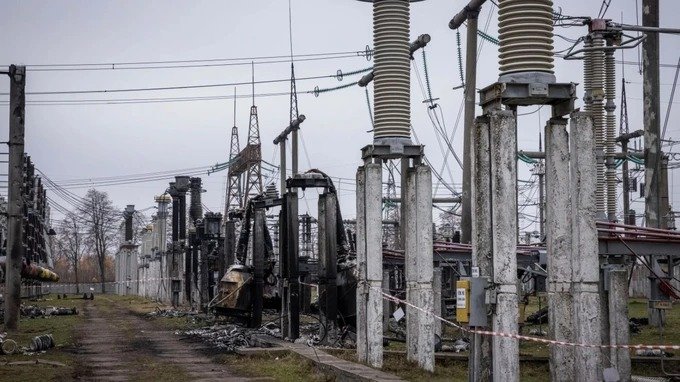
Zelensky’s indication that Ukraine may stop targeting Russian energy infrastructure is a significant development in the ongoing conflict. Whether this move is a temporary adjustment or part of a long-term strategy remains to be seen.
If Ukraine’s decision is influenced by diplomatic considerations, it could help in maintaining strong international support and reducing the risk of broader escalation. However, if Russia takes advantage of this shift to reinforce its war effort, Ukraine may have to reconsider its position in the near future.
The coming months will be crucial in determining how this strategy unfolds. Will Ukraine’s restraint lead to de-escalation, or will the war continue to intensify? The world will be watching closely as the situation develops.
